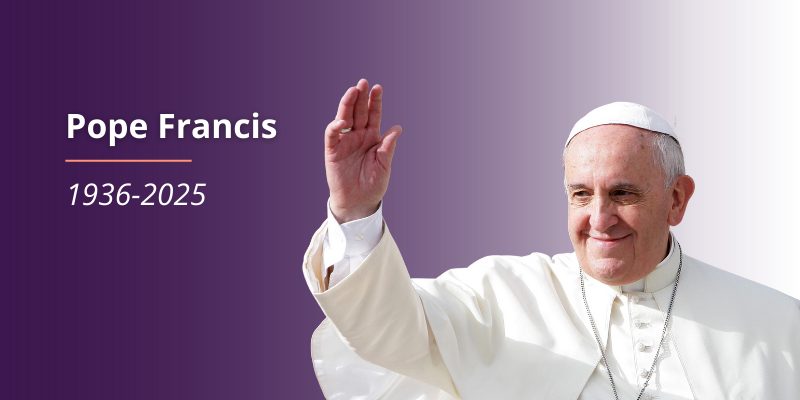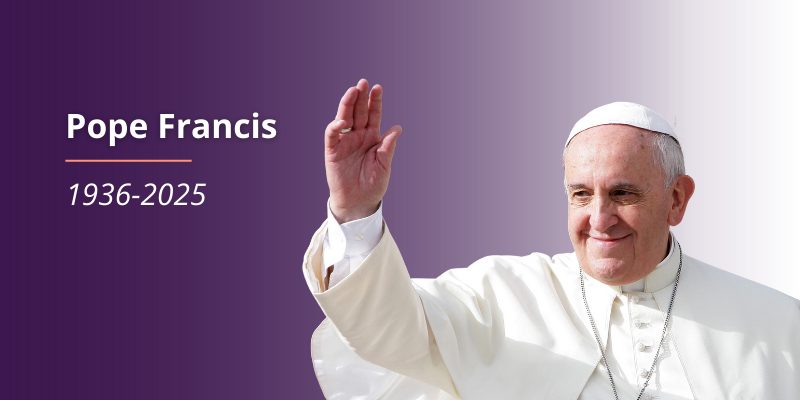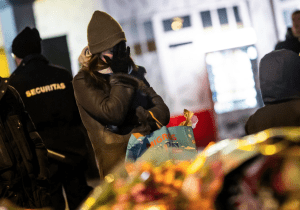Pope Francis has died at 88, ending a historic papacy defined by reform, humility, and global compassion. The world mourns the beloved Catholic leader.

Pope Francis Dies at 88, Vatican Confirms
Pope Francis, the first Latin American leader of the Roman Catholic Church, has died at the age of 88, the Vatican announced on Monday. His death ends a transformative era of papal leadership defined by compassion, reform, and global dialogue.
Despite suffering from double pneumonia earlier this year, his death shocked many. Just two weeks ago, he was seen greeting crowds in St. Peter’s Square on Easter Sunday, smiling and waving from the open-air popemobile.
A Papacy of Firsts and Fierce Convictions
Born Jorge Mario Bergoglio in Argentina, Pope Francis became the first Jesuit and the first Latin American pope in 2013. His election followed the unprecedented resignation of Pope Benedict XVI, who chose to remain in the Vatican until his death in 2022. This rare overlap—two living popes—defined much of Francis’ tenure.
Francis inherited a Church mired in scandal and division. But from his first days, he preached humility, inclusion, and reform. He focused on reaching out to the marginalized, refugees, the poor, and the oppressed, often taking controversial stands on climate change, capitalism, and LGBTQ+ rights.
A Pope for the People
Though he battled strong conservative resistance within the Church, Pope Francis became a global superstar. His message of peace, tolerance, and unity struck a chord far beyond Catholic circles.
He visited over 60 countries, often prioritizing war-torn and impoverished nations. His final trip, in September 2024, was to East Timor, where President Jose Ramos-Horta said that the death of Pope Francis was a tremendous loss for the world, not just Christians.
Shock and Grief Around the World
News of the pope’s passing has drawn an outpouring of grief and remembrance from leaders across the globe.
Italian Prime Minister Giorgia Meloni called him:
“A great man, a great shepherd.”
European Commission President Ursula von der Leyen praised his “humility and pure love for the less fortunate.”
U.S. Vice President JD Vance, who met with the pope just hours before his death, shared heartfelt words on social media:
“My heart goes out to the millions of Christians all over the world who loved him.”
Tourists and pilgrims in the Vatican for Easter were visibly shaken. Many wept in the square, clutching rosaries and lighting candles in silent tribute.
A Legacy That Will Shape the Future
Francis’ death leaves behind 1.4 billion Catholics and a Church at a crossroads. His legacy is one of open dialogue, progress, and bridging divides. He appointed nearly 80% of the cardinals who will now vote on his successor—potentially ensuring that his vision continues.
What remains is the powerful memory of a pope who walked with the people, who spoke to the world’s pain, and who offered hope in divided times.
The Road Ahead
As the Vatican prepares for the next papal conclave, the world pauses to reflect. The future of the Church may be uncertain, but the legacy of Pope Francis will endure.
He was a pastor to the poor, a diplomat for peace, and a voice for a more just and humane world. Today, Catholics—and many beyond the Church—grieve not just a religious leader, but a symbol of courage and compassion.














Comments are closed.